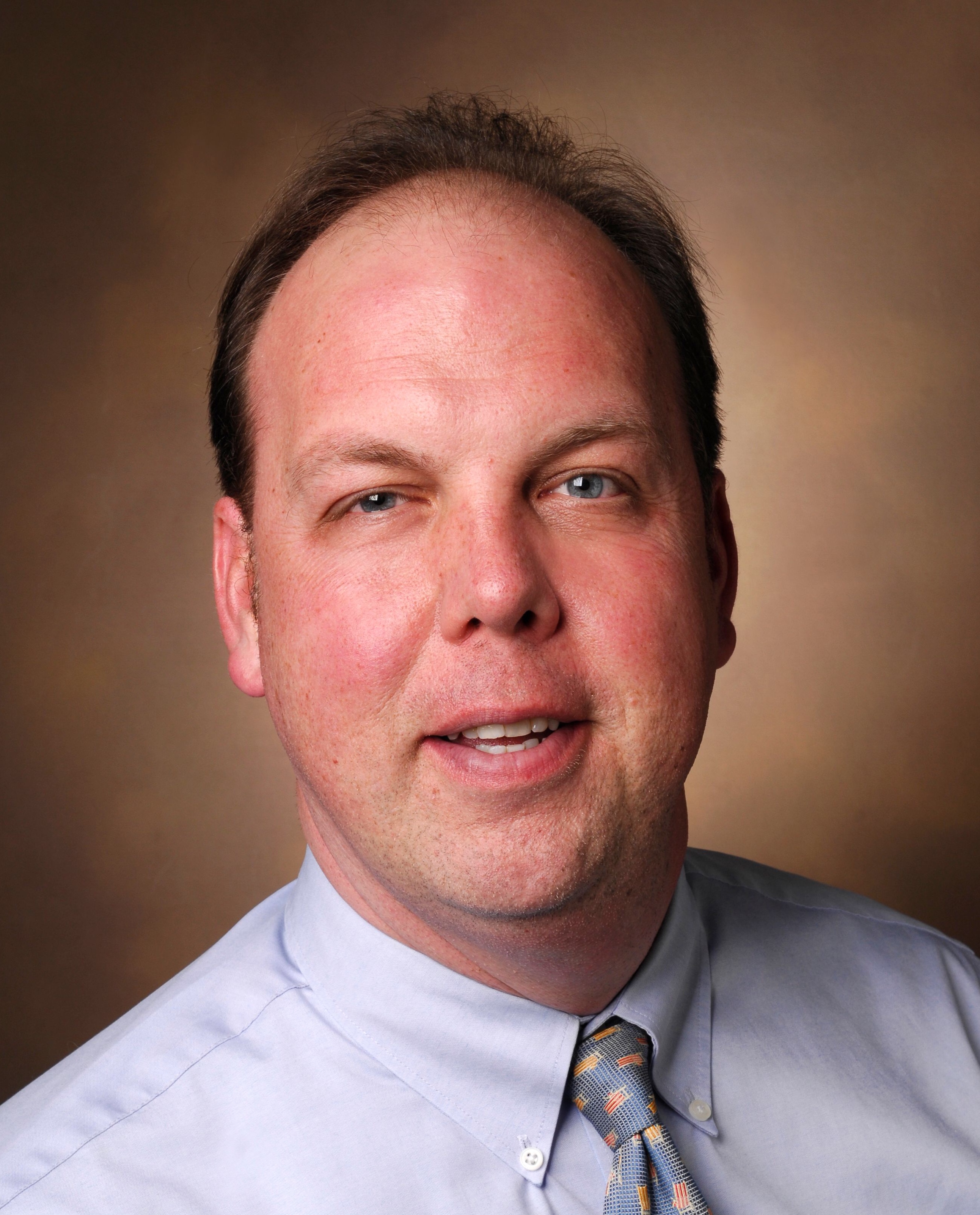Between one-third and two-thirds of patients who have been in ICU develop some form of cognitive impairment, which can mimic symptoms of traumatic brain injury or mild Alzheimer’s disease. These include declines in memory, attention span, processing speed and executive functioning, such as organizing, planning and problem-solving.
“Patients’ primary concerns after discharge may not be medical, but cognitive.”
It can be devastating to experience cognitive impairment after a traumatic injury or a long-awaited release from the hospital. A form of post-traumatic-stress disorder (PTSD) can continue for months or years after ICU discharge. “Patients’ primary concerns after discharge may not be medical, but cognitive,” said James C. Jackson, Psy.D., research associate professor of medicine at Vanderbilt University Medical Center. “Many struggle to return to the lives they had before their illness.”
Jackson is assistant director of Vanderbilt’s ICU Recovery Center, one of a handful of specialized centers nationally offering long-term support programs for ICU survivors. Carla Sevin, M.D., the center’s director, explains its origins: “We were hearing from patients and families that after the intensive attention they experienced in the ICU, the post-discharge period felt like an abandonment. There was a lot of need, but not much help or access to clinicians who understood what they had been through.”
Factors Associated with Post-ICU Cognitive Dysfunction
Jackson says awareness has grown among critical care providers about problems facing ICU survivors. Many are now asking questions about the legacy of being critically ill: Are outcomes always primarily related to the problem that sent patients to the ICU? What if a key factor is the cognitive deficit they may continue to experience long after?
Research has provided some important answers. One major driver of post-ICU cognitive dysfunction is the delirium many patients develop during hospitalization. Delirium is associated with multiple negative outcomes, including increases in severity and duration of cognitive dysfunction, and higher mortality.
Yet delirium is one many issues. “Preventing post-ICU difficulties is so complex because they are often multi-causal,” Jackson said. “Survivors may suffer from sepsis, multiple organ failure or from respiratory failure that requires prolonged mechanical ventilation. These factors and dozens more could contribute to adverse neuropsychological outcomes.”
Helping ICU Survivors Cope
Naming a patient’s anxiety can significantly decrease it, Jackson says. “In many cases, the most important thing we can do for patients is to help normalize their experience. If you have PTSD after a stint in the ICU, you probably have no idea that ICU survivors frequently develop the condition. You often think you’re losing your mind. We can say, ‘This is really serious, but you are not going crazy. In a year from now, it can be a lot better.’”
In their fledgling days, Jackson says, he and colleagues often took to the road across rural Tennessee to check on former ICU patients. “A lot of our early awareness, 15 years ago, came in the context of home visits,” Jackson said. “As we sat at kitchen tables, people would invariably say, ‘I was functioning well before I became critically ill. Now I’m not balancing my checkbook, or I don’t know how to use the remote control for my TV. I can’t follow instructions. I’ve had auto accidents.’”
Today, the ICU Recovery Center and Vanderbilt’s Critical Illness, Brain Dysfunction and Survivorship (CIBS) Center provide several tiers of resources to help survivors understand and rehabilitate their mental functioning. In addition to bringing education to patients, caregivers and clinicians, the Recovery Center hosts support groups that draw diverse attendance.
“There are hundreds of centers around the country dedicated to cancer survivorship, but there are just a few dedicated to the ICU,” Jackson said. “It’s been a great laboratory, having an interdisciplinary team with a focused research and clinical program. It’s allowed us to realize the extent that these patients experience meaningful problems.”
Advancing Research
“Establishing research in a nascent field can be challenging. But we’re getting there.”
Supported by a recent grant from the National Institutes of Health, investigators at the CIBS Center are partnering with other majors centers to dig deeper into cognitive problems experienced by former ICU patients. The initiative will include multiple research aims, including neuroimaging studies and development of a brain bank.
“One key objective will be developing a more granular understanding of the disease these patients experience,” Jackson said. “Another eventual goal will be determining if there are effective ways to rehabilitate those living with long-term cognitive impairment. For example, we’re researching brain training games as a potential way to harness neuroplasticity to improve cognition. Another exciting area is ‘prehab’—identifying interventions before patients enter the ICU that may make them more resilient.”
“Establishing research in a nascent field can be challenging,” Sevin said. “But we’re getting there. We’ve identified a number of interventions to improve practices in the ICU, like decreasing sedation and getting patients moving as early as possible. As we get better at critical care, we’ll have more and more survivors who need help.”






